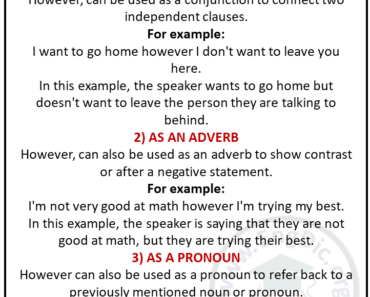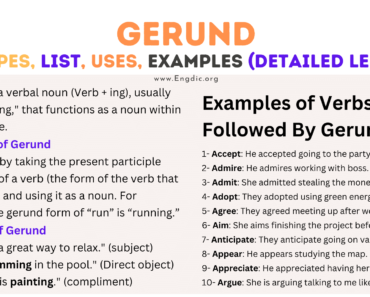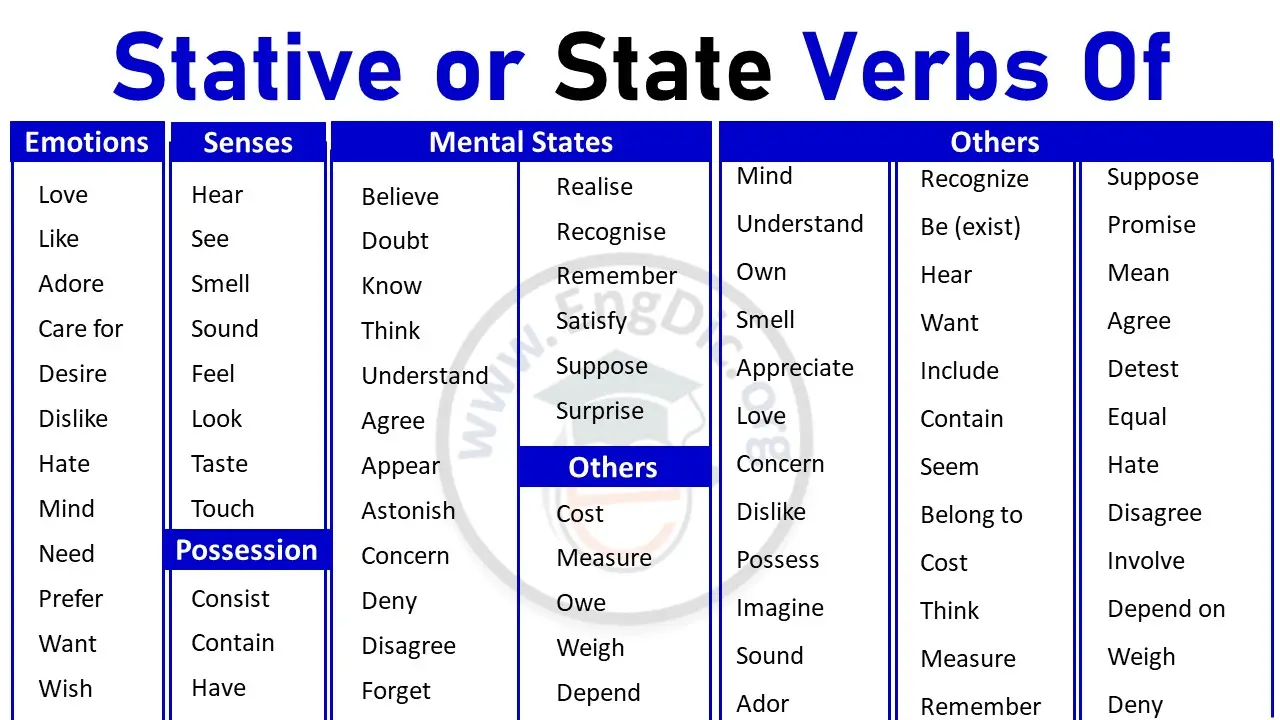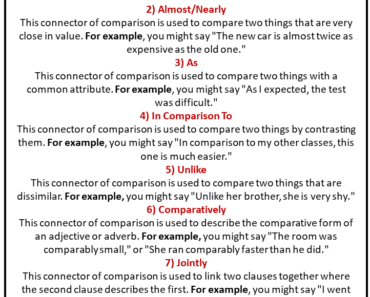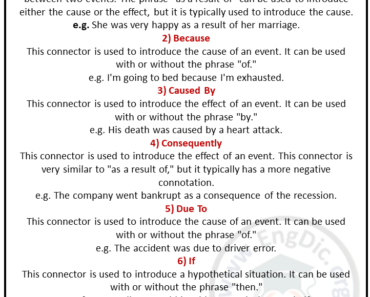Sentence Connectors in English (Definition and Examples)
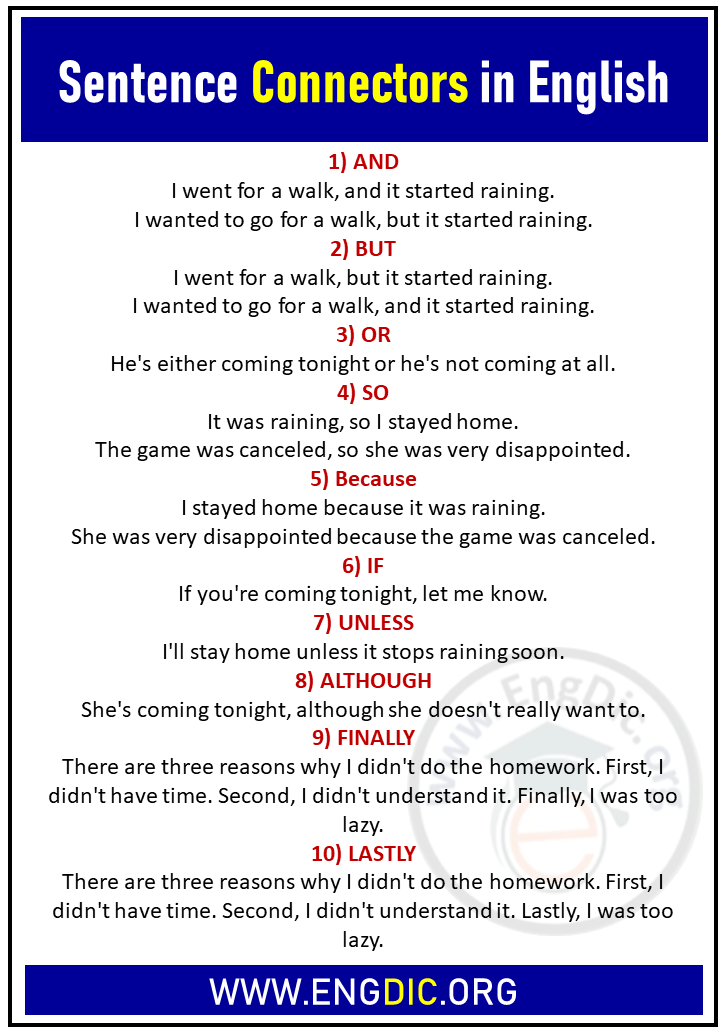
If you’re wondering how to correctly connect two independently written sentences, look no further than this list of sentence connectors in English!
Whether you’re joining clauses, phrases, or entire sentences together, these tools will help you create flowing, cohesive prose.
Each connector comes with a definition and example sentence (or two) to illustrate its usage. So without further ado, let’s get started!
List of Sentence Connectors and Examples in Detail
1) And
And is the connector that most English speakers are familiar with. It joins two clauses or phrases together and is typically used to indicate that the second clause or phrase is a continuation of the first.
For example:
- I went for a walk, and it started raining.
- I wanted to go for a walk, but it started raining.
2) But
But is similar to and in that it connects two clauses or phrases together, but it has a slightly different function. Whereas and indicates that the second clause or phrase is a continuation of the first, but signals that there is a contrast between the two.
For example:
- I went for a walk, but it started raining.
- I wanted to go for a walk, and it started raining.
3) Or
Or is used to join two clauses or phrases together and indicates that either one of them could be true.
For example:
He’s either coming tonight or he’s not coming at all.
4) So
So is used to introduce a conclusion or result based on the information in the previous sentence or clauses.
For example:
- It was raining, so I stayed home.
- The game was canceled, so she was very disappointed.
5) Because
Because is used to introduce a reason for something that has been stated in the previous sentence or clauses.
For example:
- I stayed home because it was raining.
- She was very disappointed because the game was canceled.
6) If
If introduces a condition that, if true, would result in the following statement or action.
For example:
- If you’re coming tonight, let me know.
7) Unless
Unless introduces a condition that, if not true, would result in the following statement or action.
For example:
- I’ll stay home unless it stops raining soon.
8) Although
Although is used to introduce a contrast between two ideas.
For example:
- She’s coming tonight, although she doesn’t really want to.
9) Finally
Finally signals the end of a series of points or statements.
For example:
- There are three reasons why I didn’t do the homework. First, I didn’t have time. Second, I didn’t understand it. Finally, I was too lazy.
10) Lastly
Lastly signals the end of a series of points or statements, and is similar to finally.
For example:
- There are three reasons why I didn’t do the homework. First, I didn’t have time. Second, I didn’t understand it. Lastly, I was too lazy.

